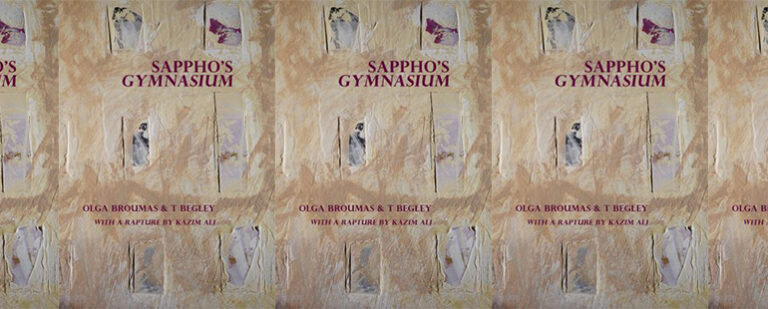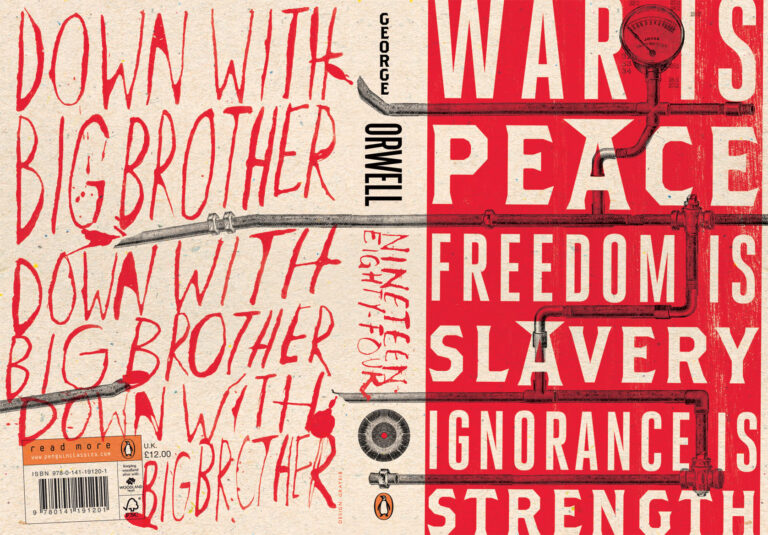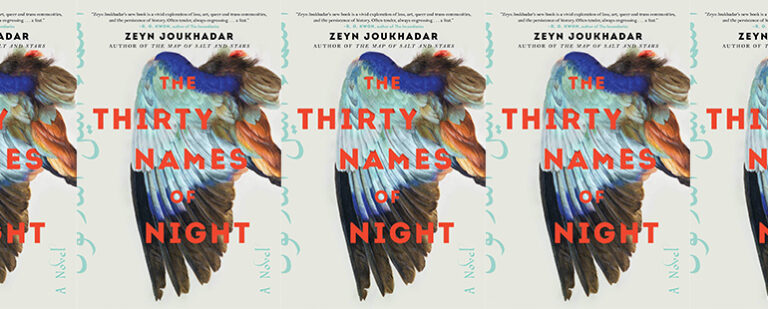THAT LIT, LIT LIFE (with global characteristics) 9 (of 14)
So there I was, my head in Colm Tóibín’s Ireland (more, later) while chattering about Mo Yan’s China on BBC World TV. It was Friday, October 12, 2012 at 0615 hours in Central, Hong Kong. An ungodly hour (up at 0430 hours to reach their studios on time) to rise and shine for three minutes of associative fame. Of course it IS about time a Chinese writer, in China, won the Nobel for literature, and yes, even though he’s not a dissident writer in exile, his fiction is critical of China and always has been. But he’s first and foremost a writer, an artist, who uses satire and exuberant prose to voice his world, and not a political ideologue. Meanwhile, all the news that’s fit to broadcast twitters away . . . just READ Mo Yan. Here’s a beginner’s guide.
Afterwards the city’s streets are still sleepy when I emerge from the Beautiful Group Tower標華豐集團大廈 (I love the translated nomenclature of Hong Kong’s office buildings) where the BBC is headquartered. Central Market appears, a reminder of the city’s past when neighborhoods were still neighborhoods (even Central, Hong Kong’s Wall Street) and you could shop at wet markets each morning for fresh produce for dinner. And to think the government once wanted to destroy this building, this piece of our heritage. Aiyaaaah, as we exclaim in Cantonese.
One wall today, shadowing its past life, with graffiti.
And the market’s future, with standard government apologia in Hong Kong Chinese English, minus articles, which Chinese eschews.
“The illustration as shown is artist’s impression only. The Urban Renewal Authority is currently conducting consultation and will publicize the scheme at later stage after design development.”
* * *
Meanwhile I’m rapidly trying to finish Tóibín’s novel The Blackwater Lightship, before I meet him at 1800 hours for “An Evening with Colm Tóibín,” when Hong Kong’s Literary Festival comes to CityU.
In this lit, lit life with global characteristics, you get to meet the world’s literati. You’d rather forget the person in favor of the books in some cases.
Not Mo Yan or Colm Tóibín though, I’m happy to report.
Full disclosure – I adored both Brooklyn and The Master an am a major Henry James’ fan, so when my university decided to be a sponsor for the festival and wanted me to moderate the evening with the Irish author, it was an instant YES!
Tóibín is as delightful in person as he is on the page.
(Colm Tóibín photos by Don Ellis.)
As I said in my introduction, what you wouldn’t give to hang out in that mind awhile to learn how to voice the world in such clean, elegant and resonant language. His new novel The Testament of Mary will almost be out by the time this blog posts.
* * *
The festival brought many other writers to CityU. I got to catch up with both Alison Wong, the Chinese-New Zealand author I befriended when she was the Burns writer-in-residence at the University of Otago, Dunedin, and the Sri Lankan novelist Romesh Gunesekera, whom I last ran into on the grounds of Windsor Castle (yes, her majesty’s domicile) where we were confabbing about Commonwealth literature.
Daren Shiau from Singapore launched Coast, a mono-titular anthology of Singapore writers. It was great to meet and hang out with this fellow traveler of the lit, lit life, as we did on a pub crawl at The Pawn in Wanchai , this city’s free-market answer to urban heritage preservation.
* * *
But I’m also thinking about seeing Evan Fallenberg, Philip Graham, Suzanne Paola and James Scudamore next week who will arrive in Hong Kong from Tel Aviv, Israel; Urbana, Illinois; Bellingham, Washington; and London, England respectively to enlighten and inspire the MFA students at the CityU program I direct. More about all of them next time.
Philip founded Ninth Letter, a dramatically beautiful art & literary journal at the University of Illinois. The online journal was good enough to give space to my latest writing experiment, a collaboration between myself and photographer David Clarke. We first met in the jazz clubs of Hong Kong and he was good enough to let me use his images for the book cover of my essay collection Evanescent Isles.
http://www.timeout.com.hk/books/features/10230/evanescent-isles-by-xu-xi.html
So when David suggested a kind of call-and-response image-and-word ekphrasic creative nonfiction collaboration, I said, why not? He sent me the first image, I replied with an essay, and in response he sent me another, etc. We’re up to #6, and will see where it goes.
Here’s #2 in Ninth Letter.
But my head’s also in the Caribbean (when it’s not in the clouds), because Kwame Dawes will also be arriving next week from Lincoln, Nebraska (via his lit, lit path of Ghana and Jamaica) as the distinguished visiting writer to our MFA program. We first met on the tiny island of St. Martin’s where the prolific and talented poet Lasana Sekou of the House of Nehesi contributes contemporary and historical Caribbean writing to our world’s literature.
You’ll hear more about Kwame in Hong Kong next blog.
So let me leave you with another creative nonfiction experiment by my adopted sister and writer-friend Sue William Silverman whose early years were spent in the Caribbean. Her current project A Lexiphile’s Guide to Surviving Death, is about resurrecting forgotten words so they don’t die. It’s a nontraditional essay collection, she tells me, where each section begins with a word – physically represented on the page as a subtitle – that is no longer in common use. One section of her in-progress project recently appeared in the online journal Brevity for a special issue titled “Ceiling or Sky,” focused on the contribution of women writers to the creative nonfiction movement. Here’s her meditation on the word “Tropaean,” an archaic word meaning “blowing from sea to land,” which appears in Brevity as “Fans.”
* * *
See you again November 7.


